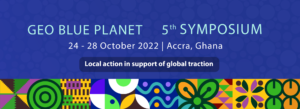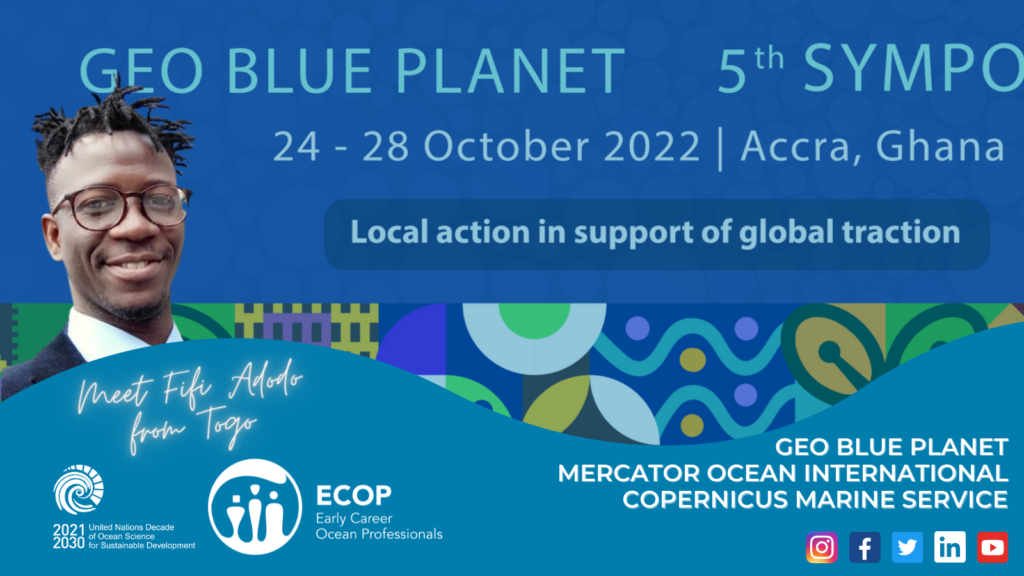We recently met with Fifi Ibrahime Adodo to discuss the upcoming GEO Blue Planet Symposium in Ghana and highlight any opportunities for the ECOP Programme to collaborate or support. We quickly realized he’s a special character, with an intriguing story to tell, so we asked if we could interview him and get to know him better. We weren’t wrong!
1. Hi Fifi, thanks for joining us today. Can you tell us where are you from/live now and what is your role/responsibilities at Mercador Ocean International and/or GEOBlue Planet?
I am originally from TOGO a tiny country with 40km of coastline in West Africa. I am also a French Citizen living in France for almost 8 years. I’m interested in the promotion, awareness, and popularization of scientific research, particularly oceanography in Africa, and I have been working earlier this year as Market Development and Outreach Officer at Mercator Ocean International, implementer of the Copernicus Marine Service . The Copernicus Marine Service provide marine and coastal data, products, and service freely available and open, for everyone, everywhere. I am therefore in charge of developing the user uptake of the Copernicus Marine data. It consists of fostering the development and use of Copernicus Marine Service data to meet the specific needs of sustainable development of marine and coastal environments in Africa.
2. Can you tell us about the career path that you took to be in this position now?
My academic background was a bit eclectic. After a master’s degree in fundamental physics in 2009 at the university of Lomé (TOGO), I followed a training in Oracle database administration which allowed me to work as an IT support in a marine freight company for 4 years. The contact with this environment and my passion for the ocean, led me to do a master’s in physical Oceanography and Application jointly hosted by Université Paul Sabatier (Toulouse, France) and the chair CIPMA (Cotonou, Benin).
We must recognize that physical oceanography is a young science in Africa, especially in West Africa. To this end, I created, with the support of one of my masters professors, the GOLFOCEAN association to provide a legal framework and a place of discussion for early careers ocean professional in order to gain visibility, credibility and to promote this science toward stakeholders. This allowed me to develop one of the first NGO Oceanography network in Africa.
Then, I accomplished a PhD in Glaciology in 2018 especially working on the physics of altimetry and radiometric satellite measurements over Antarctica ice sheet. After my PhD graduation, I joined the private sector earlier in 2019, in a research and innovation consulting firm. I worked as a scientific writer, whereby this job consisted of accompanying, advising, and helping SMEs that accomplish research to valorize them and make them available to the community.
Beyond all these accomplishments, I joined Mercator Ocean International to develop the user uptake of the Copernicus marine service using my network and relationships.

3. You’re currently helping organize the GEO Blue Planet Symposium in Ghana in October. How can ECOPs in Africa get involved in this Symposium?
I have two roles at Mercator, promoting Copernicus Marine Service and helping to develop GEO Blue Planet core Activities. The GEO Blue Planet Initiative is the coastal and ocean arm of the Group on Earth Observations (GEO) that aims to ensure the sustained development and use of ocean and coastal observational data for policy and decision-making. We do this by working with stakeholders to understand their information needs and by connecting them with available data and products. GEO Blue Planet hosts symposiums every one to two years in different regions for the purpose of increasing regional linkages, promoting linkages between stakeholders and the observing community, and gathering community feedback on the focus of GEO Blue Planet activities. This is the first time this signature GEO Blue Planet event will be held in Africa. This year’s symposium, themed Local Action in Support of Global Traction, is specifically geared towards improving GEO Blue Planet’s engagement with African nations in an effort to expand the Earth Observation community of practice, strengthen local capacity and provide access to resources, tools, and services.
ECOPs in Africa are invited to participate in the discussion at all levels of this symposium. A panel discussion section is specially dedicated during the plenaries session to allow them to expose educational and technical constraints which hinder the development of their work and domains. Their feedback is important for GEO Blue Planet to better orient and define the necessary actions for the future. ECOPs can also participate and are actively encouraged to contribute to training sessions, forum sessions and workshops.
5. What can those registered or are participating expect? How is this different to most other Symposiums?
First of all, let me reiterate that this is the first time that this signature GEO Blue planet event will be held in Africa. This demonstrates that Africa is placed at the heart of our actions and commitment. This symposium is designed to encourage Interaction, Networking, and State-of-the-art scientific knowledge outreach particularly with African institutions/organizations.
This face-to-face symposium is co-organized by the GEO Blue Planet Secretariat (Mercator Ocean International – with funding support from the European Union, NOAA and the University of Maryland) and the Atlantic International Research Centre (AIR Centre), hosted by the University of Ghana (UG) and University of Energy and Natural Resources (UENR) in Ghana. This event will attract more than 200 international experts coming from industry, academia, government, and state agencies.
This year symposium will feature 4 relevant sessions (Plenary Sessions structured to reflect the region-specific user needs, tools & opportunities, and inspiring examples; Training sessions; a Highly Interactive Poster Forum and Thematic Workshops sessions) which will appeal to the general audience of the symposium including high-level representatives from international agencies, representatives from regional organizations, research scientists, local stakeholders, policy makers, students etc.
6. On a more personal note, can you tell us a bit about your connection to the Ocean and why you work in this very important sector?
I do have a lot of personal reasons for being interested in the ocean. I come from a coastal region sandwiched between a river and the ocean, where I have seen over the years the loss of habitats and resources of this community due to marine erosion and flooding. In addition, my experiences with the shipping company have made me question and become passionate about the ocean. How does it work? Why are there waves? Tides? My curiosity got the better of me and I committed myself to contribute to the understanding and sustainable cultivation of this ecosystem.
7. Finally, why do you think Early Career Ocean Professionals are integral to achieving “the Science we need for the Ocean we want” by 2030?
Simply because today’s decisions cannot be made without the involvement of ECOPs. For two main reasons:
- They are the driving force of research & science (the success of “the Science we need for the Ocean we want” will rely on their contributions)
- They are the educational bridge between the old and future generations.
Thanks so much to Fifi for sharing about his inspiring Ocean career path, from Togo to France, and back to West Africa, for the Symposium in October. Learn more about the GEO Blue Planet Symposium here.

